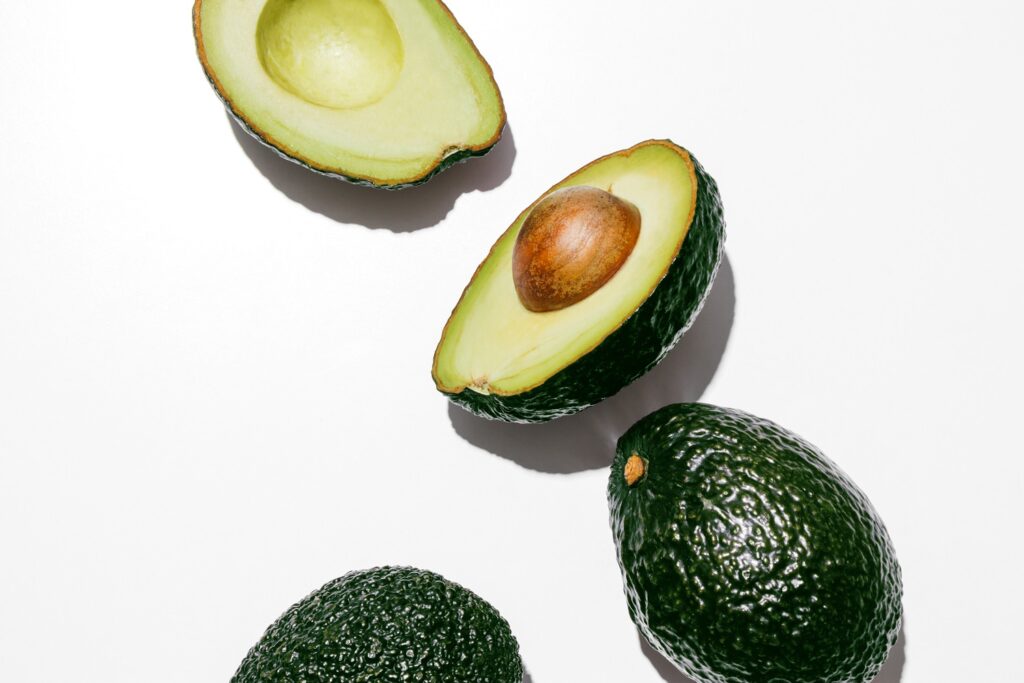Australian avocado production continues to soar, limiting reliance on NZ

Australian avocado production continues to soar, with supplies from Sunraysia and the Riverland regions next season expected to double.
The forecasted boost is due to favorable weather conditions and some young plantings coming into production, ABC News reports.
Avocados Australia's tri-state director Kym Thiel said the good growing conditions that were expected followed last year's light crop when only 435,000 trays were packed.
"The trees were all ready to produce, flowered very heavily, then we had some good setting conditions so the fruit was on the tree — but the single biggest thing is a combination of the mild summer," Thiel was quoted as saying.
Thiel said the quality of the avocados coming from the region was likely to meet the consumer demand for different sizes and grades.
"We have some very good sized fruit [and] blemish levels are down, especially on what we had two years ago," he said.
But the high volume will likely lead to a reduction in the prices growers are paid per tray.
"If we can maintain a good flow of fruit through the market at a good consistent average price I'm sure growers, with the amount of crop they have, will still have a profitable season," Thiel said.
The avocado harvest starts in Sunraysia and the Riverland in July and continues into summer. Between April 2021 and March 2022, 23.5 million trays are expected to be dispatched nationally, with the majority coming from Western Australia and Queensland.
Trentham Cliffs avocado grower and packer Ryan Marr said the upcoming season would have its challenges but it was also an exciting time to be in the industry.
"This year, all Australian growers will be able to meet the demand, without having to rely on imports from New Zealand," he was quoted as saying.
In 2016, a representative of Western Australia's avocado sector said the region would quadruple its production over the next five to eight years.















































